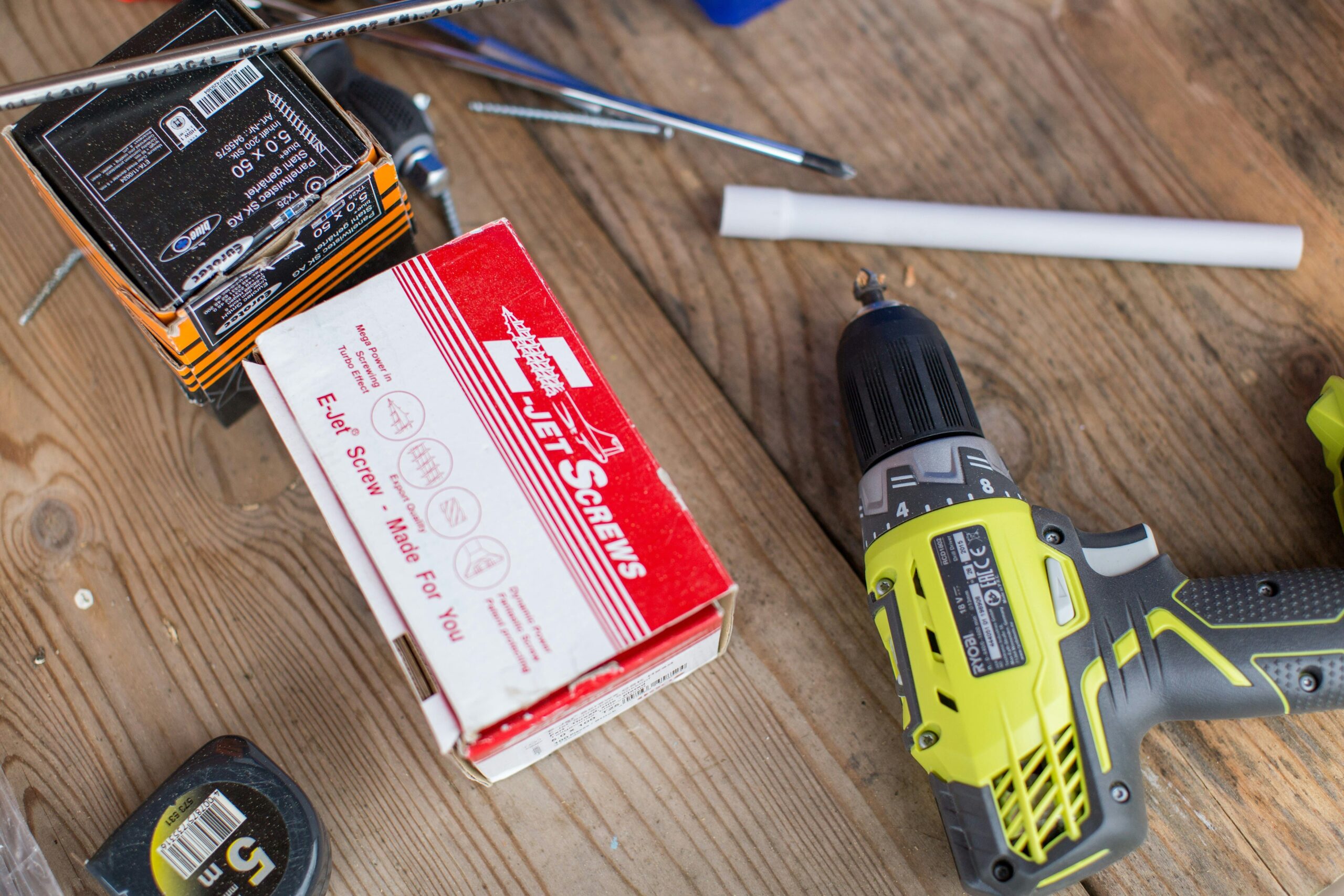
Is subletting legal in Australia?
Thinking about subletting your place? Maybe you’re heading off on a long trip or just want to split the rent. Fair enough! But before you start drafting a Gumtree ad, you’ll want to make sure you’re not accidentally breaking any laws.
Let’s break down exactly what’s legal (and what’s not) in WA.
What is subletting?
Subletting is when a tenant rents out part or all of their rental property to another person (a subtenant) while remaining responsible for the original lease. In Western Australia, subletting can only happen with the landlord’s written consent, and the head tenant remains legally responsible for rent payments and property upkeep.
Subletting vs. lease transfer
- Subletting → The head tenant stays on the lease and collects rent from the subtenant.
- Lease transfer → The original tenant is fully replaced, and the lease is transferred to a new tenant.
Is subletting legal in WA?
Yes, subletting is legal in WA, but only if your landlord gives written permission. Under the Residential Tenancies Act 1987 (WA), Section 49, tenants cannot sublet or transfer their lease without the landlord’s consent.
However, some rental agreements in WA may contain a clause that outright prohibits subletting. In this case:
- A tenant can still request permission, and the landlord may agree to alter the lease to allow subletting.
- If the landlord refuses, they must provide a reasonable explanation.
When can a landlord refuse subletting?
A landlord cannot unreasonably refuse a request, but they can decline if:
- The lease agreement explicitly bans subletting and they choose not to alter it.
- The subtenant has a bad rental history or can’t prove they can pay rent.
- Subletting would cause overcrowding or violate council or strata by-laws.
What to do if your landlord refuses subletting
- Ask for a written explanation – Request a formal reason for the refusal.
- Negotiate – Offer extra conditions, like higher bond or tenant screening.
- Apply to the Magistrates Court of Western Australia – If the refusal is unfair, you can challenge it legally.
How to challenge a refusal
If a landlord refuses without a valid reason, tenants can apply to the Magistrates Court of Western Australia to challenge the decision.
Ignoring these rules can lead to eviction, so always check your lease agreement before subletting.
How to legally sublet in WA (step-by-step)
Step 1: Check your lease agreement
- Some tenancy agreements in WA prohibit subletting outright.
- If subletting isn’t mentioned, you still must get written permission from your landlord.
Step 2: Request written permission from your landlord
- Write a formal request explaining who will sublet, for how long, and why.
- Your landlord cannot charge a fee for granting permission.
- If your landlord refuses, they must provide a reasonable explanation.
Step 3: Screen your subtenant carefully
- Check their rental history, employment status, and references.
- You’re still legally responsible for the rent, so make sure they can pay on time.
Step 4: Sign a written subletting agreement
This should outline:
- Rent amount and payment due dates
- Lease duration and termination conditions
- Who covers utilities and damages
Step 5: Lodge the bond (if applicable)
If you collect a bond from your subtenant, it must be lodged with the Bond Administrator (Department of Energy, Mines, Industry Regulation and Safety).
Step 6: Complete a property condition report
Document the property’s state before the subtenant moves in to avoid disputes later.
Risks and consequences of illegal subletting in WA
Subletting without written permission from your landlord in Western Australia is a breach of the Residential Tenancies Act 1987 (WA) and can lead to serious consequences.
What happens if you sublet without approval?
- Eviction and lease termination – Your landlord can issue a breach notice and end your lease.
- Financial penalties – You may have to compensate your landlord for any losses caused by the breach.
- Liability for property damage – If your subtenant causes damage, you are responsible for repairs.
- Rental history issues – A breach can make it harder to rent in the future.
- Legal action – Your landlord can take you to the Magistrates Court of Western Australia for non-compliance.
Short-term subletting and Airbnb rules in WA

As of January 1, 2025, Western Australia has introduced strict new regulations for short-term rental accommodation (STRA). If you’re thinking about listing your rental on Airbnb, Stayz, or Booking.com, you now need to follow state and local council rules—even if your landlord allows subletting.
New short-term rental rules in WA
- Mandatory STRA registration – All short-term rental properties in WA must be registered with the WA Government. Failing to register can result in fines or legal action.
- 90-day cap on unhosted rentals – If you don’t live at the property, you can only rent it short-term for 90 days per year unless you apply for council approval.
- Council planning approval – Some councils have stricter rules, such as:
- City of Perth – Development approval required for rentals exceeding 90 days per year.
- Fremantle – Some residential zones ban STRA unless approved.
- Margaret River and Busselton – Permits required for all short-term rentals.
- Strata by-laws may ban short-term rentals – Many apartments and townhouses have strata by-laws that prohibit Airbnb-style subletting. Always check before listing.
- Penalties for non-compliance – Illegal STRA properties risk eviction, fines, and council enforcement actions.
FAQs about subletting in WA
Can I sublet in WA without my landlords’ permission?
No, subletting without written consent is a breach of the Residential Tenancies Act 1987 (WA) and could result in eviction or legal action.
What happens if my subtenant doesn’t pay rent?
As the head tenant, you’re still responsible for the full rent, even if your subtenant stops paying.
Do I need to lodge a bond for my subtenant?
Yes, if you take a bond, it must be lodged with the Bond Administrator (DMIRS WA)—just like a regular tenancy.
Can I sublet a room while still living in the property?
Yes, but you still need landlord approval, even if you’re only subletting part of the property.
Are short-term rentals like Airbnb legal in WA?
Yes, but as of January 1, 2025, all short-term rentals must be registered under WA’s new STRA laws.
Subletting doesn’t have to be a headache

Subletting in WA can be a great solution for tenants, but it comes with legal risks and responsibilities. Without the right approvals, you could face eviction, financial penalties, or legal disputes. For landlords, unauthorised subletting can lead to tenancy issues, property damage, and lease breaches—all of which are a headache to deal with.
This is where professional property management in Perth makes a difference. Rather than chasing tenants for approvals, dealing with sublet disputes, or worrying about short-term rental compliance, a property management team can handle everything for you. From screening tenants to ensuring legal compliance, we take the stress out of managing your investment.
Want to protect your rental property while keeping things simple? Let us handle the hard stuff. Get in touch today to see how we can help.
Related Articles

Preventive maintenance checklist for property management

Should you sell before you buy a house? Here’s the pros and cons


